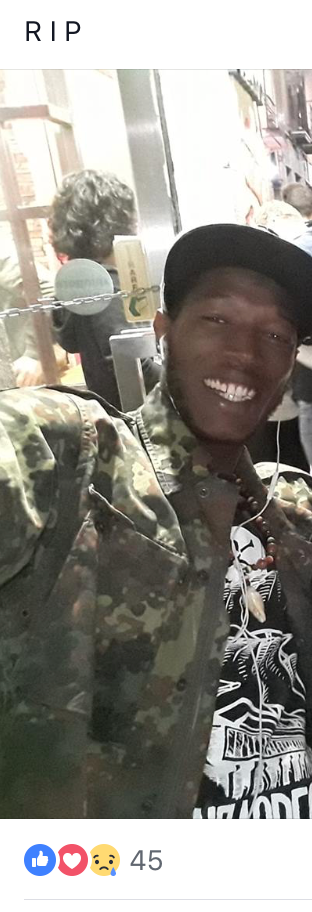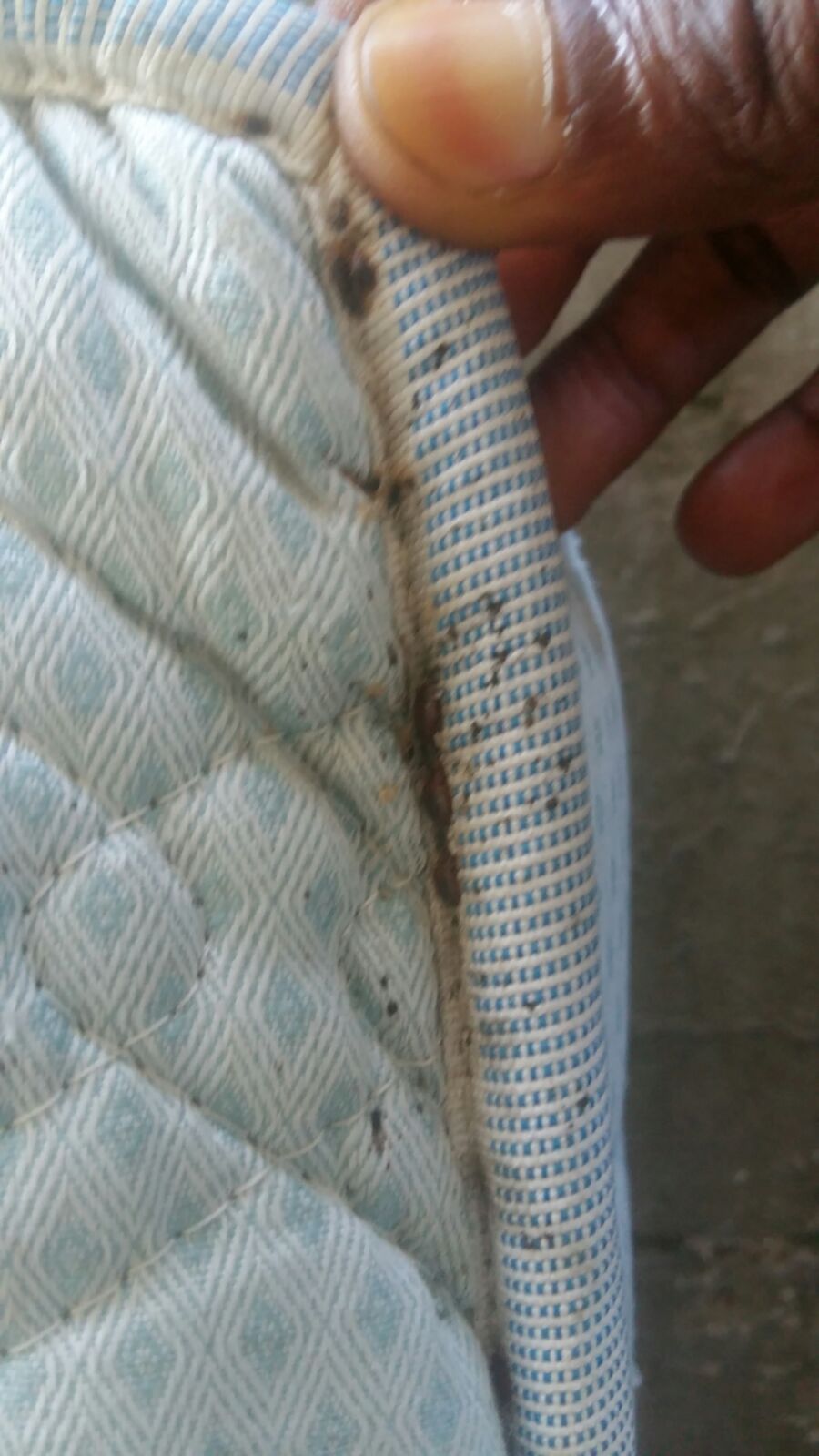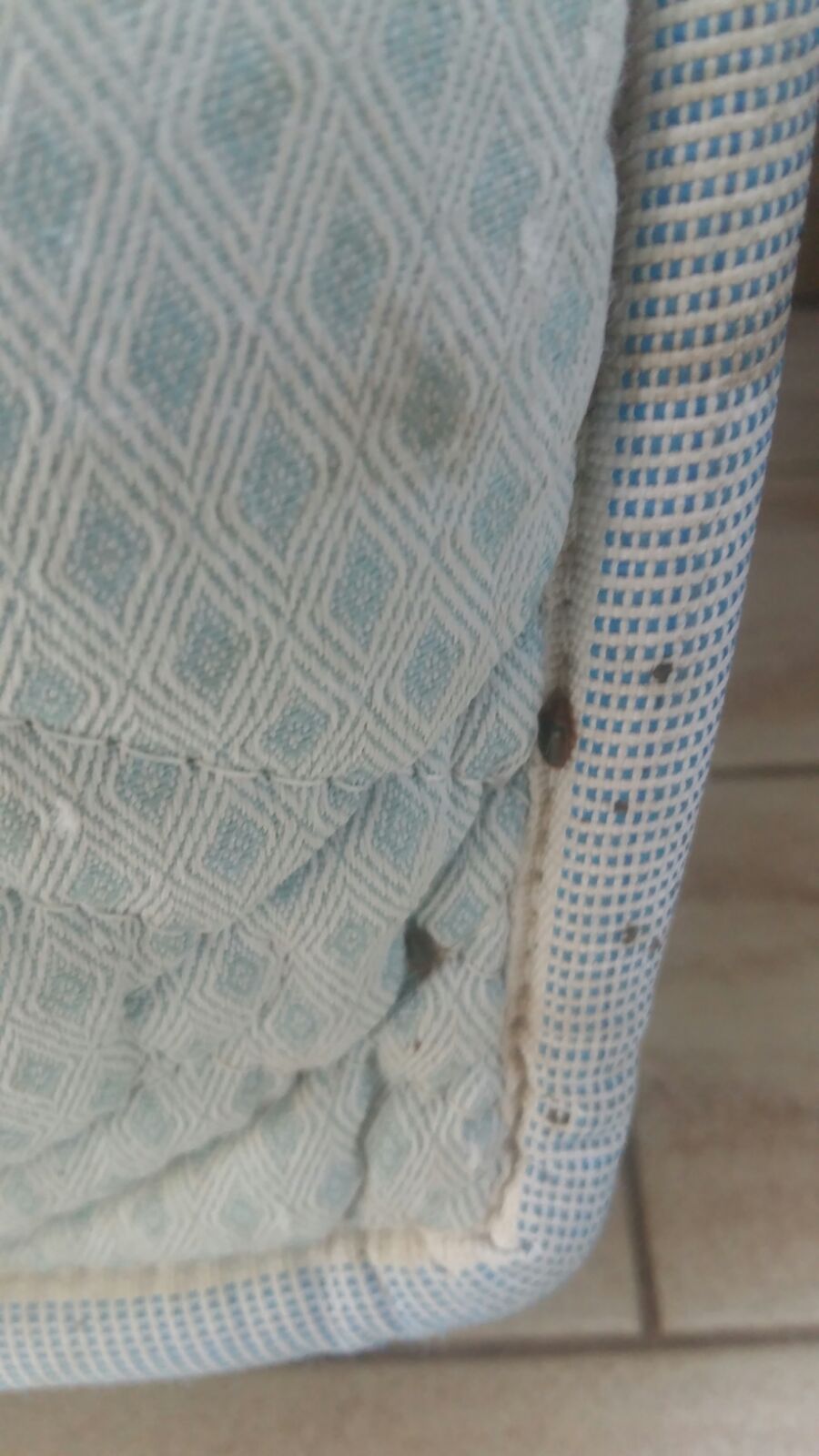MotM Update | The Quality Of Lives
The grounds of a migrant shantytown near Foggia, Italy. July, 2018. © 2018 Pamela Kerpius
22 August 2018
MotM Update
The Quality of Lives
"Why would that interest anyone? I asked. It was daily life. He pointed out that it was not everybody's daily life."
––Martha Gellhorn, The Face of War
Normally reporting on Italy from New York City would be impossible.
The summer, however, has been occupied with news coming from across the ocean in desperate voice messages, texted missives, and images from the inside of spaces that you and I are not allowed to see. What follows is a message to say that right now in Italy migrant lives are in anguish.
Some of the people profiled below are those you have met before, select individuals I had the privilege to interview before they were transferred off Lampedusa island. Others, are anonymous individuals you have not met––not yet. These are people who I met on the island but were transferred before we could talk.
They speak to you here instead, from scenes that for them are approaching the soul-breaking.
Two weeks ago, 12 migrant farm workers were killed in a car crash near Foggia, Italy. The story was widely reported and followed a different crash that killed more people just two days before it; these crashes, a show of the ruptures in a system of exploited labor.
“Alagie,” whose name has been changed to protect his identity, says at times he can be forced to work up to 11 hours a day at a rate of 4 euros per hour. To return home, workers file into overstuffed, unsafe vans for which they are charged a transportation fee, cutting into a rate already so low as to make sustained life untenable.
You can read about the crashes here, here and here for context.
Two of Alagie’s friends from The Gambia were counted among the dead in the 6 August crash; each he had known since childhood. “Those people I can say, they are me,” since he too works shifts in the “pomodoro” fields, the tomato fields. He describes the back breaking work of bending all day in his recording below. He has shared the Go Fund Me page for the two young men whose families wish to have their remains repatriated. He also shares news of a friend stabbed to death in the shantytown (image above) adjacent his closed-gate housing camp near Foggia.
The conditions at both the shantytown and inside the government camp are squalid, and for the latter, I still cannot show you every image Alagie has sent: the bed bugs that crawl across his mattress and sheets reveal too much detail of his personal space, putting him at risk of being identified by it. Instead, since these infestations are common and go unaddressed in camps across Italy, I have included images of an infested mattress sent by an individual at a housing camp in Rome as reference.
Alagie, as he says, is “hopeless.” Words echoed by “Joseph” (name also changed to protect his identity) who is living in Milan, pleading that he doesn’t “want to live a life of waste. I don’t want to be hopeless,” in his recording below. And there is “Emanuel” (name changed to protect identity), who after spending one year and two months in a bleak housing center in the eastern part of central Italy, lays out a furious case against his current quality of life that is defined by exile, isolation, and malevolence by his housing managers.
We acknowledge, too, the shockwaves of pain after the tragic Morandi bridge collapse in Genova last week, and we stand in solidarity with the 177 migrants aboard the Italian coast guard ship, the Diciotti, who have been blocked from disembarkation after nearly a week at sea.
This is the fractured backdrop against which the following stories come to you, sweeping instances of disrepair and despair. A space wherein Italy’s ports have been closed to their very own vessels, wherein over 40 lives were lost by its own crumbling infrastructure. This is truly suffering at the hands of self-defeat. We ought to open ourselves now to the people in front of us who can help to eradicate it.
“You know hopeless...? Me, I am that right now.”
–Identity undisclosed
Location: south-central Italy
“Alagie,” whose name has been changed to protect his identity, is a Gambian man who arrived in the squalid housing camp near Foggia, Italy, shown here, after being transferred from his initial reception center on Lampedusa island. He tells the story of his friends, the migrant workers who were killed in the 6 August car crash, and how it could have just as easily been him. He describes the poor working conditions, his hopelessness of his current life circumstances, and the stabbing death of his friend in a nearby shantytown; and finally, his confusion amidst this bleak landscape.
Visit and share the individual story page >
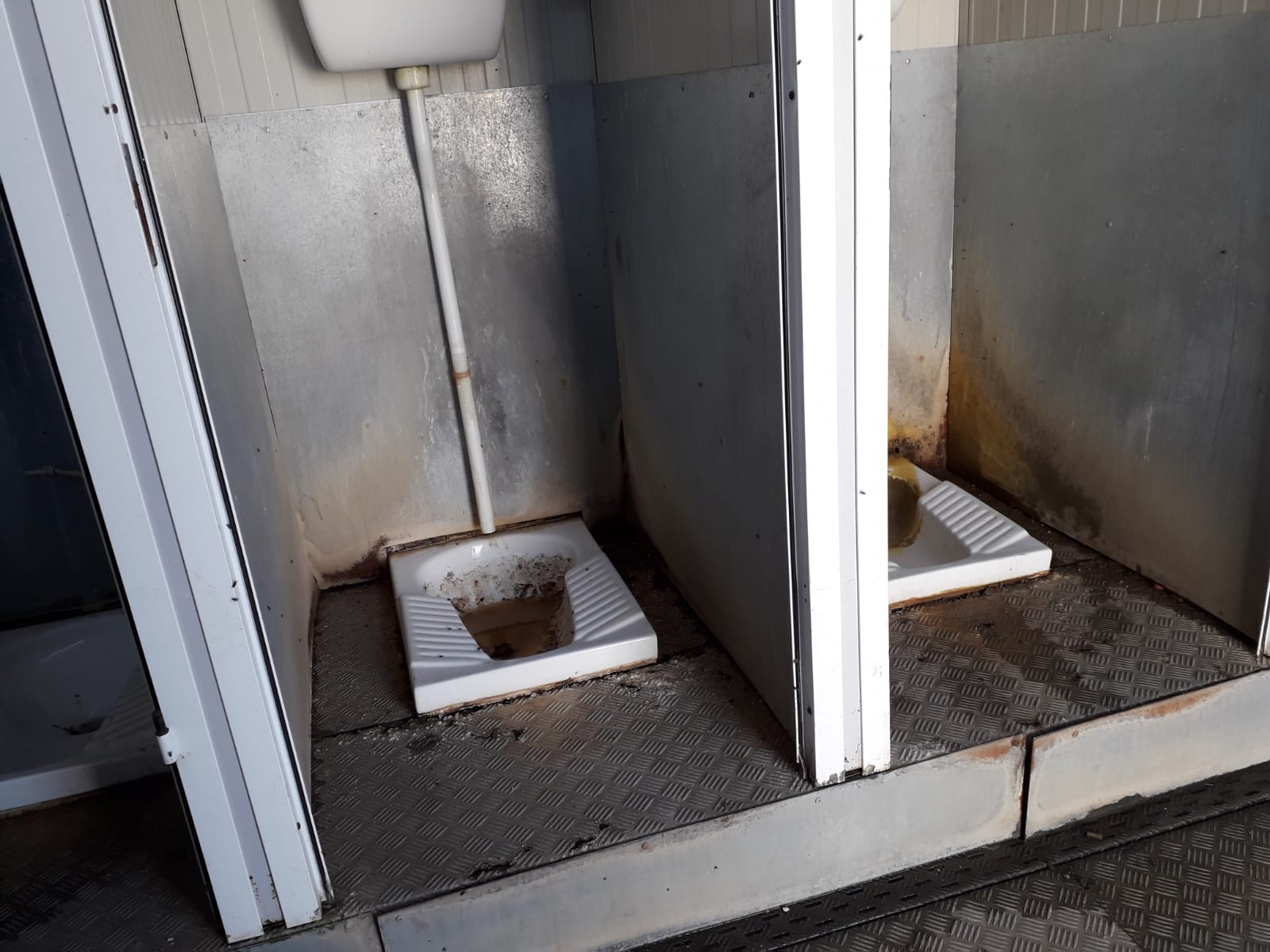
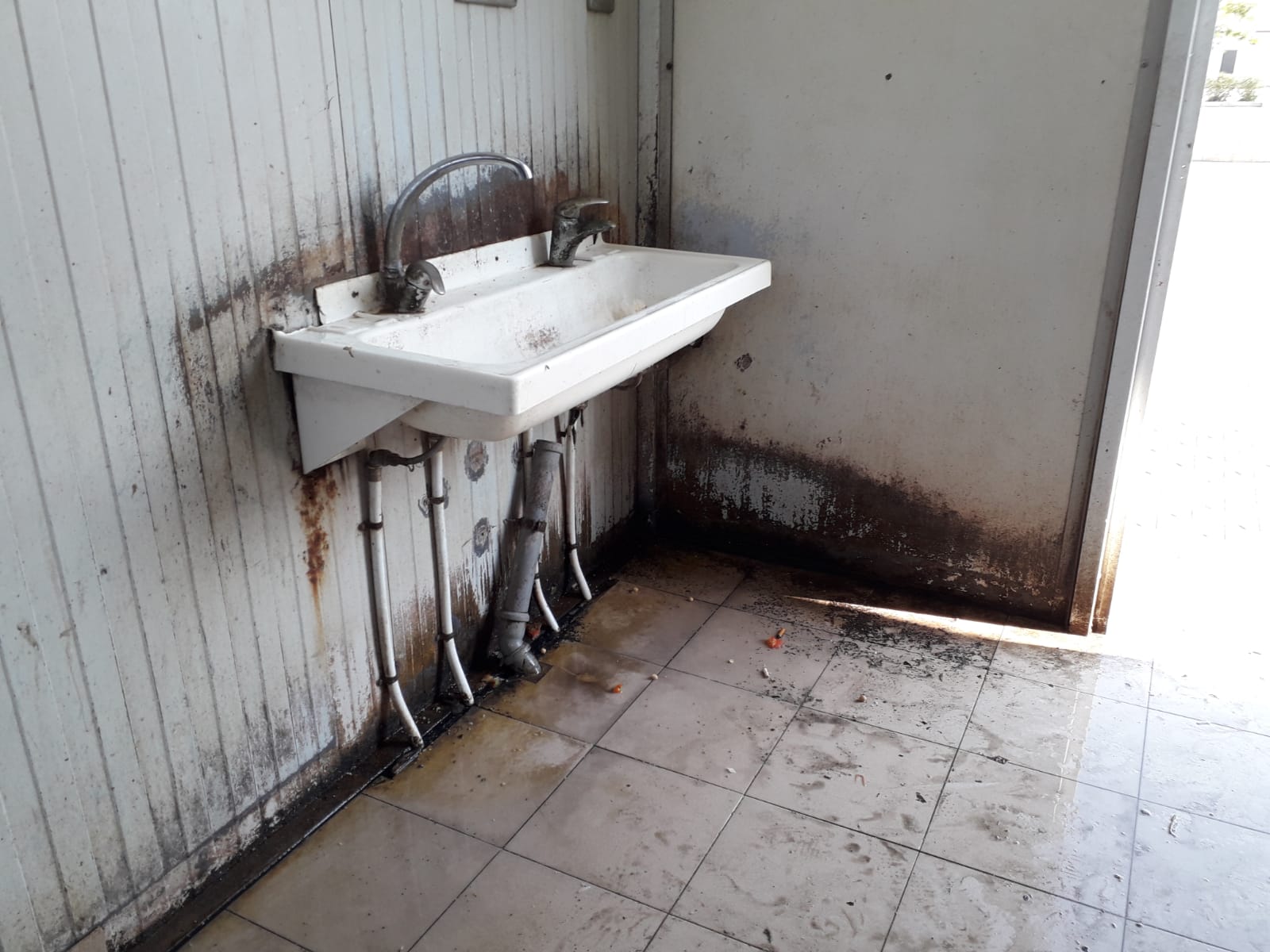
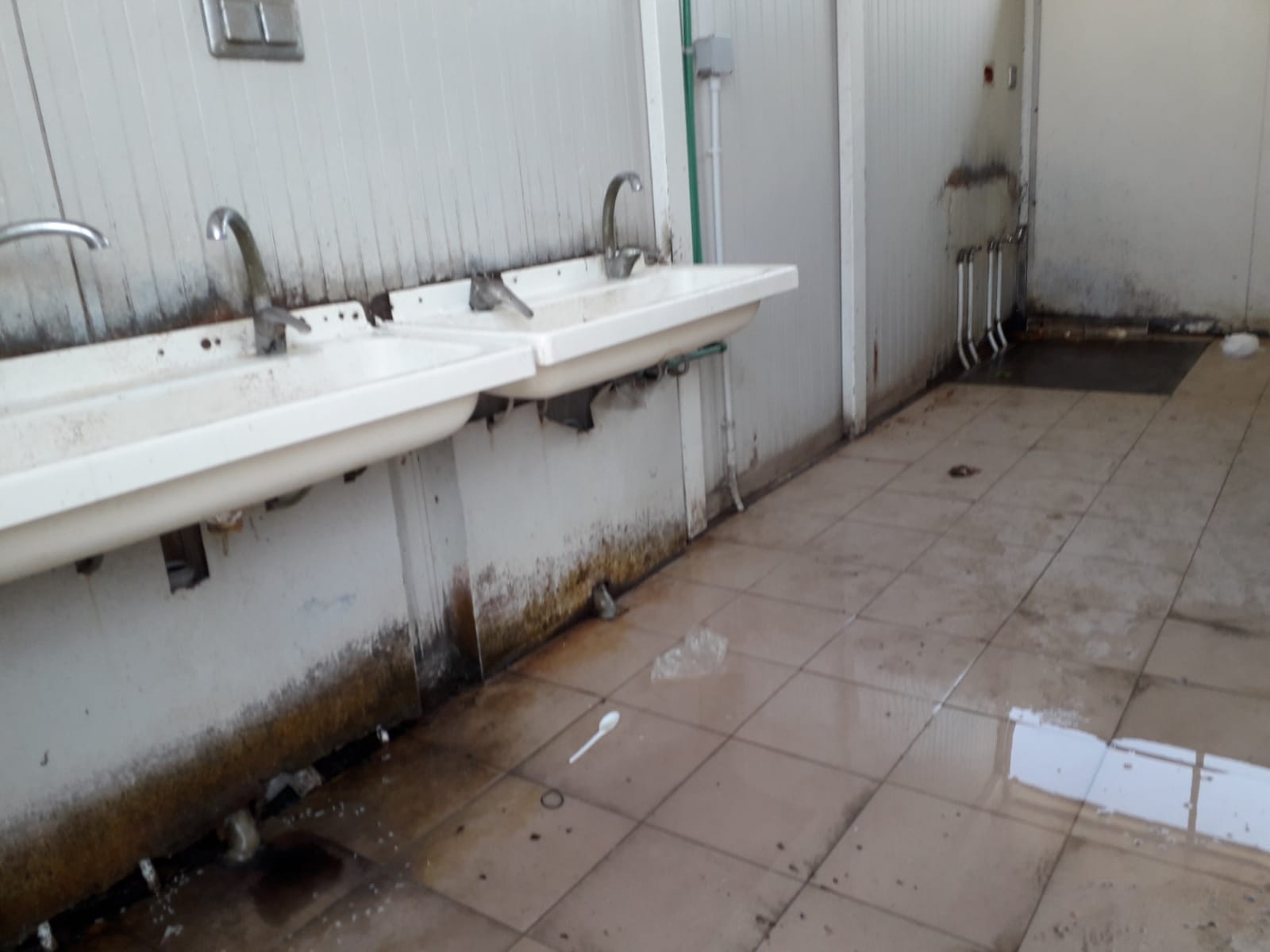

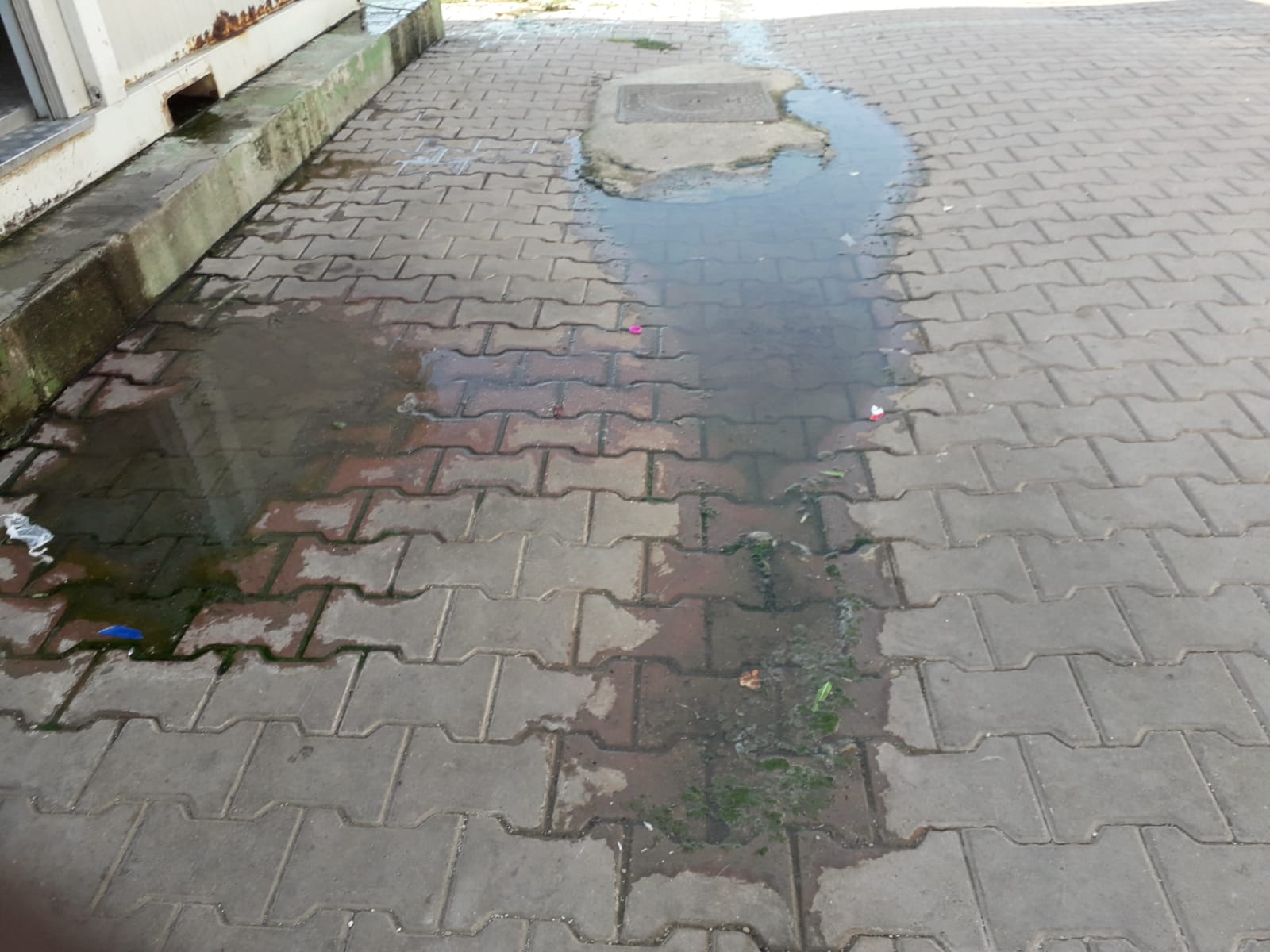
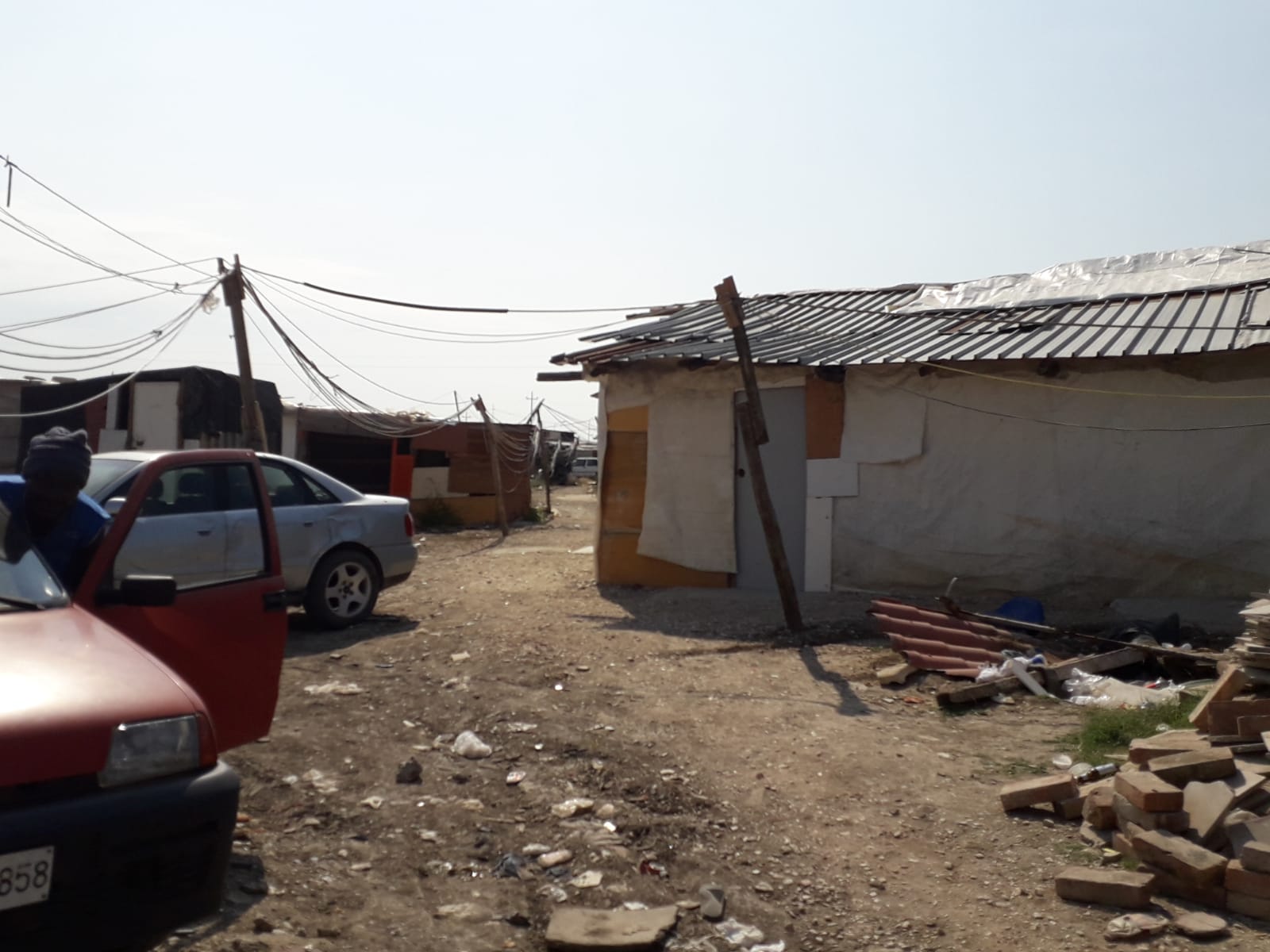
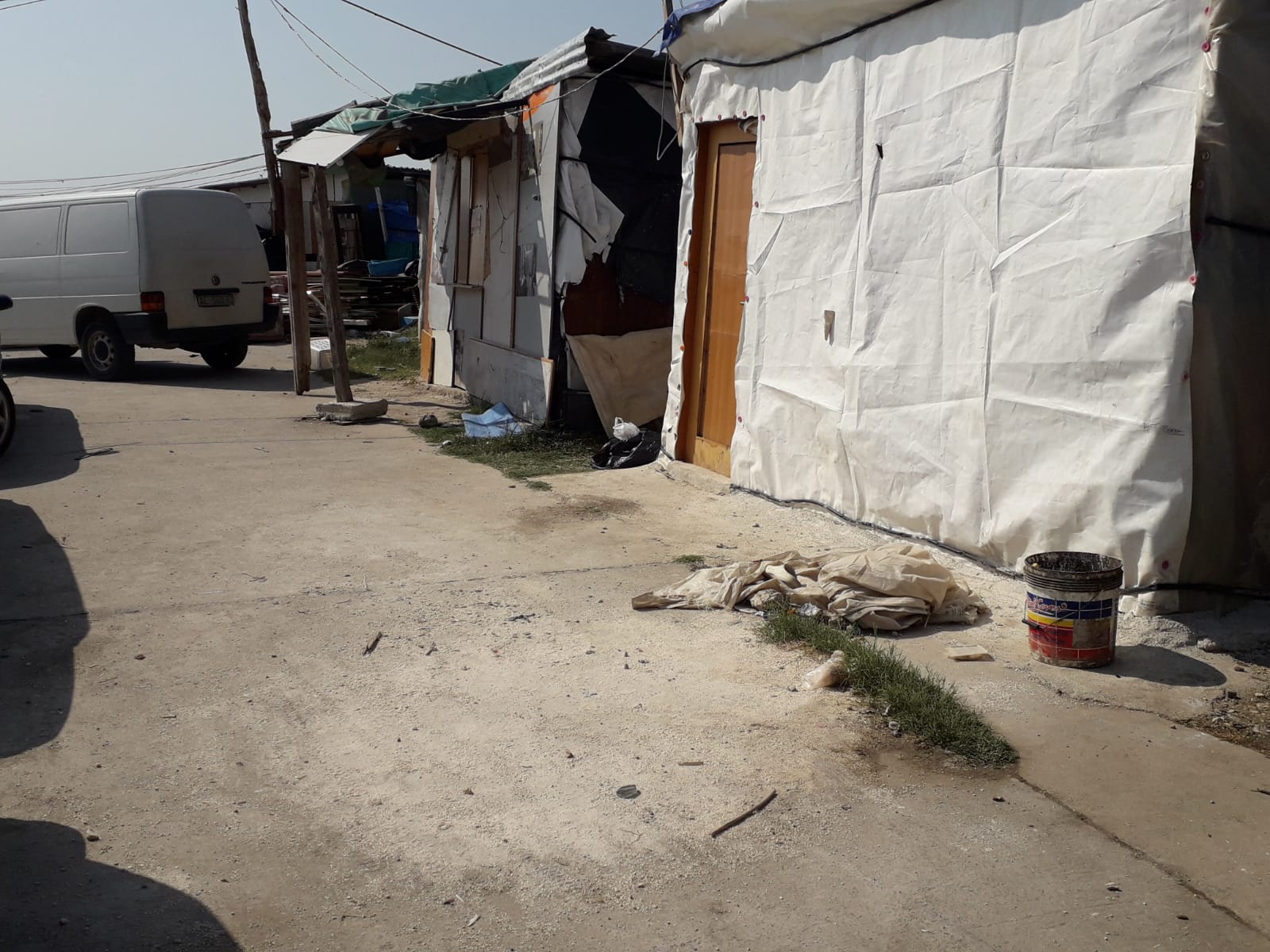
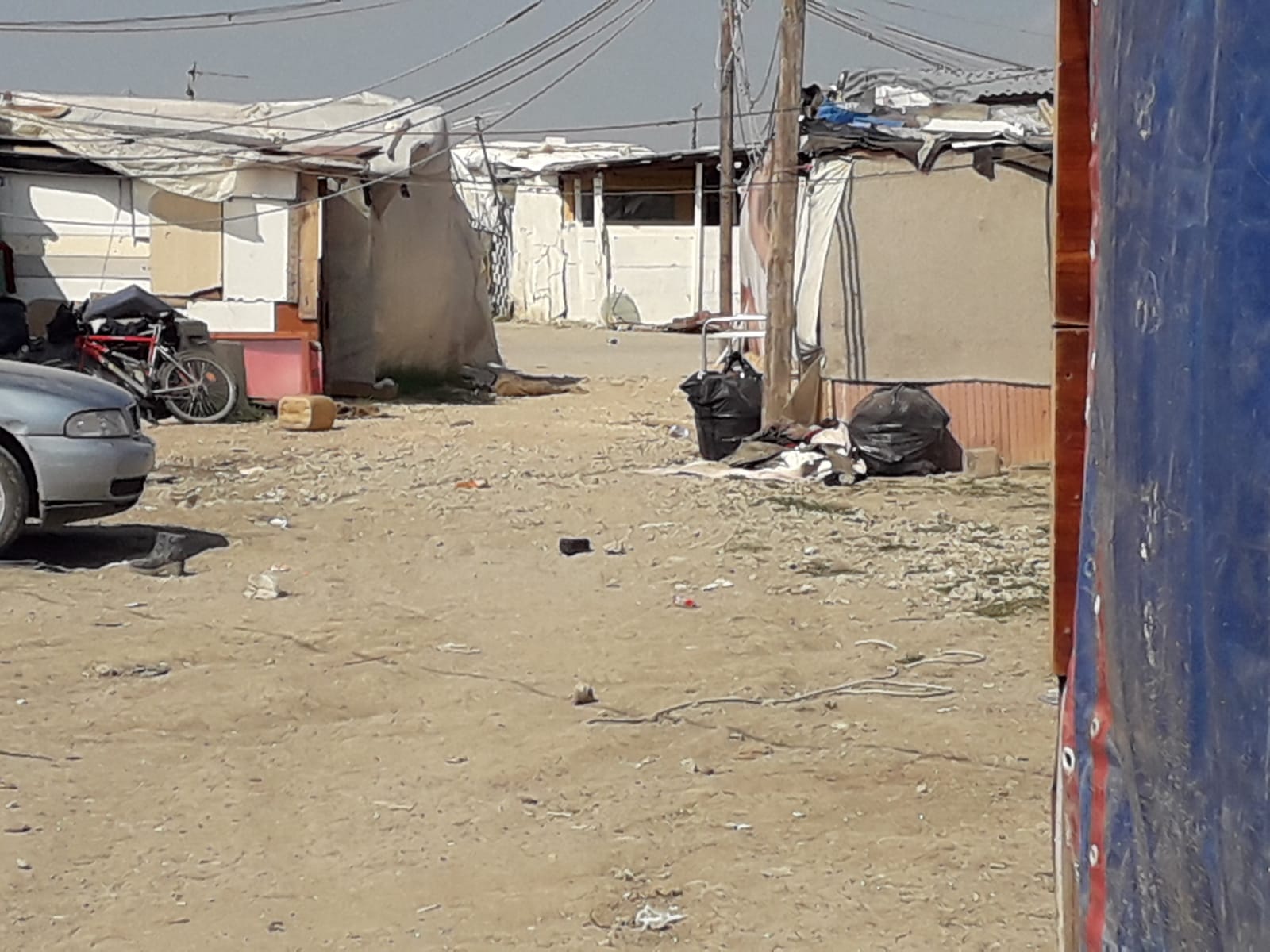
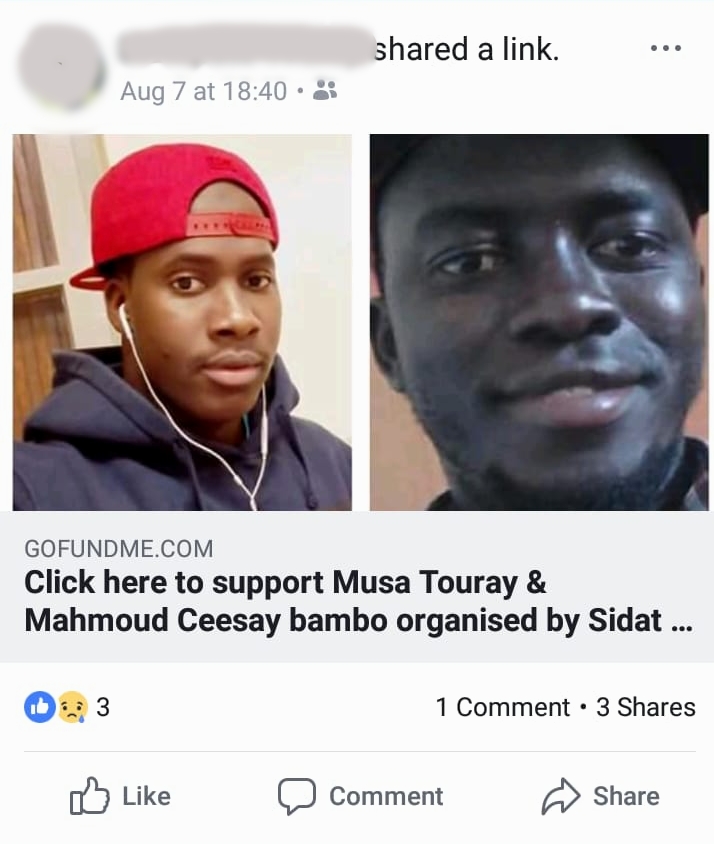
“Let the world know that refugees in Italy are suffering.”
–Identity undisclosed
Location: east-central Italy
The recording above is from “Emanuel", a Nigerian man whose name has been changed to protect his identity. He breaks down the holding pattern he has been kept in at his housing camp for over a year at a small village in east-central Italy. His life cannot move forward because no decision has been made––either positive or negative––in his asylum case. Frustration, discomfort and anger are growing.
He complains about the food––don’t mistake it as superficial or ungrateful. Food is often his only diversion for the day, and when the quality is bad it compounds his isolation; he is antagonized further by a camp manager who tells him “nobody forced you to come to Europe.”
Visit and share the individual story page >
“The agent told them his boat is capsized.”
–Bakary David
Location: near Naples, Italy
Missing at sea since 20 January 2017. Photo provided by David Bakary. © Pamela Kerpius
Bakary David and I have been calling and texting the last known number of the trafficker in Libya who sent his brother, also named Bakary, across the Mediterranean Sea on 20 January 2017, but to no avail. It was his sister-in-law who had the last contact with the agent, who told her the news: his boat capsized after leaving Libya. The agent was one hired within Gambia, paid for upfront, giving the family access to updates across his brother’s journey; they cannot account for, however, anything that happens to a body after it leaves the Tripoli shores.
Bakary has been missing since his boat pushed off the coast in late January of last year, but it was only two weeks ago that his junior blood brother, Bakary David, heard the news. He only expressed that he was “very sad.”
We will see what contact can be established with the trafficker, and investigate what, if any, rescue vessels were in the area to witness the capsizing last year. If the boat was lucky enough to cross into international waters, some fact might be found. Otherwise, outside of the SAR zone, the story of Bakary’s final moments might be permanently lost.
. . .
Like “Alagie” Bakary David has found sporadic work. First, at a commercial laundromat that services restaurants and hotels in the Napoli area; but after a verbal contract of payment was reneged and a written one failed to materialize, Bakary David found seasonal occupation at a greenhouse farm, also near Napoli.
Pictures of the zucchini and tomatoes he harvests are seen here. Bakary’s is one of the faces you can connect to the produce you shop for at the supermarkets in Italy.
Visit and share the individual story page >


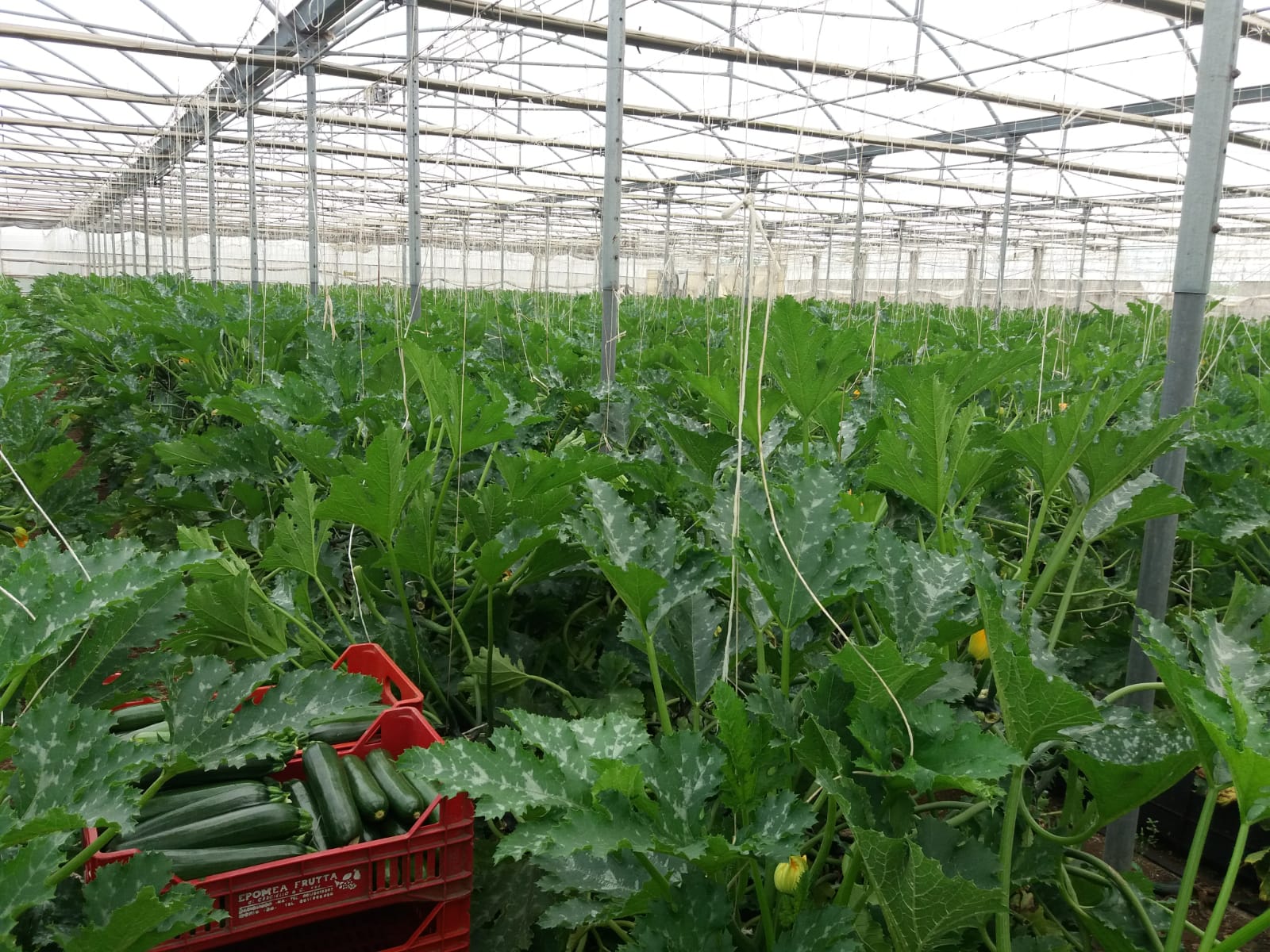


“I don’t want to live a life of waste. I don’t want to be hopeless.”
–Identity undisclosed
Location: Milan, Italy
“Joseph” is a Nigerian man whose identity we have agreed to keep undisclosed in a show of sensitivity to his impending asylum hearing. He currently lives in a government housing camp in Milan. He has said daily life is difficult for its lack of engagement and variation. He, like many others, is on the verge of hopelessness.
Visit and share the individual story page >


